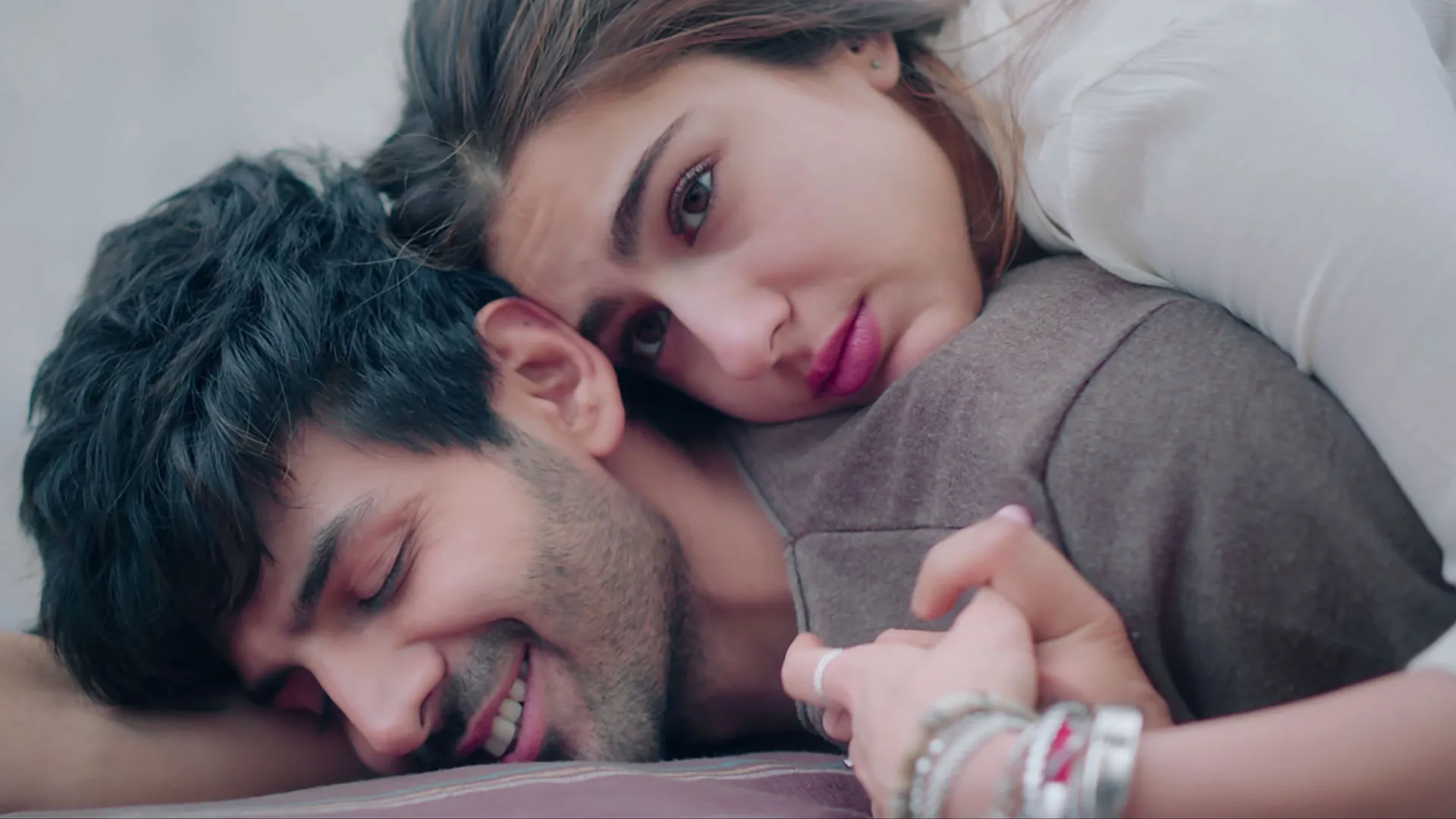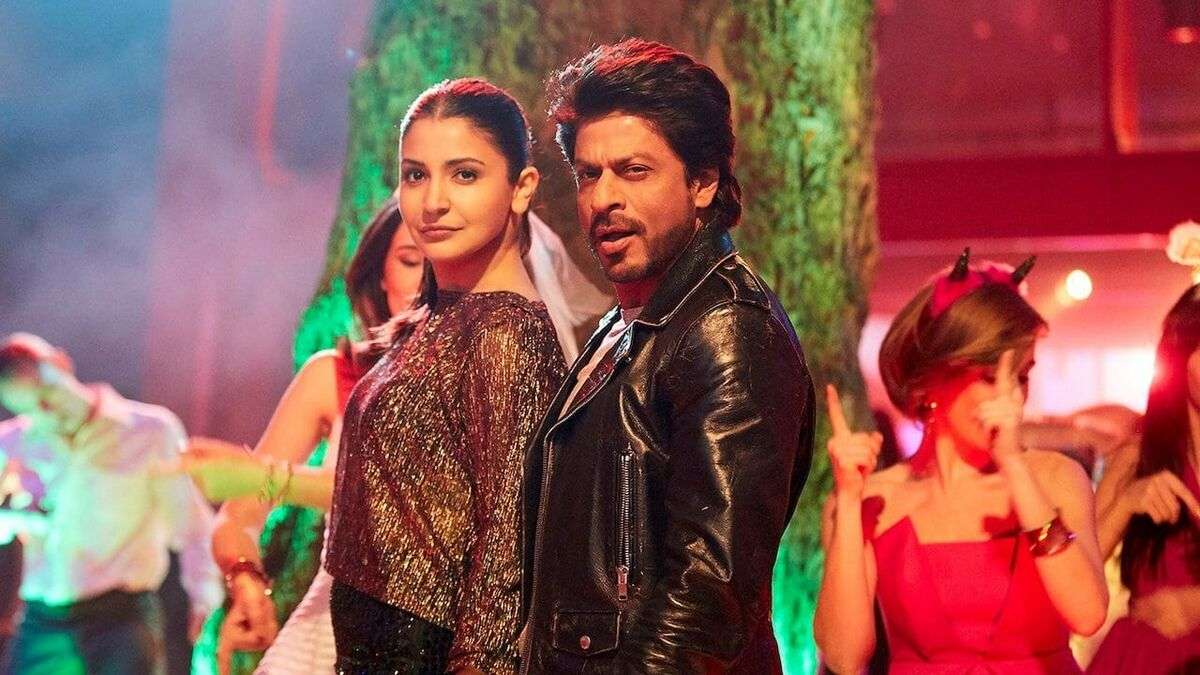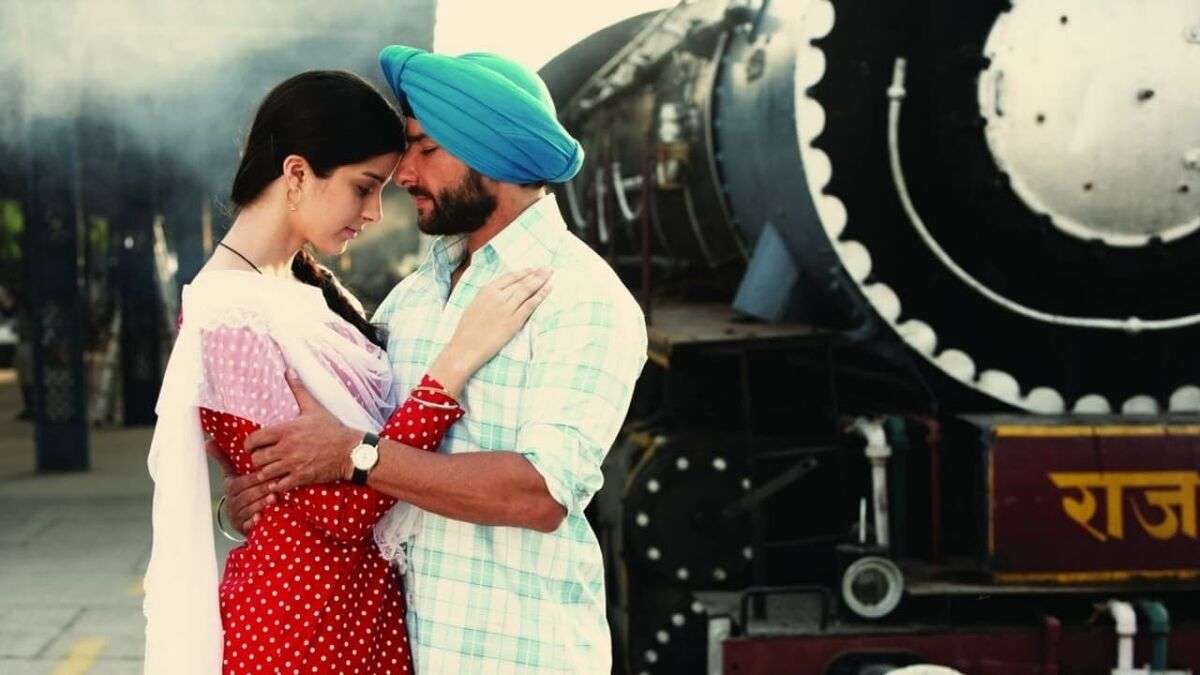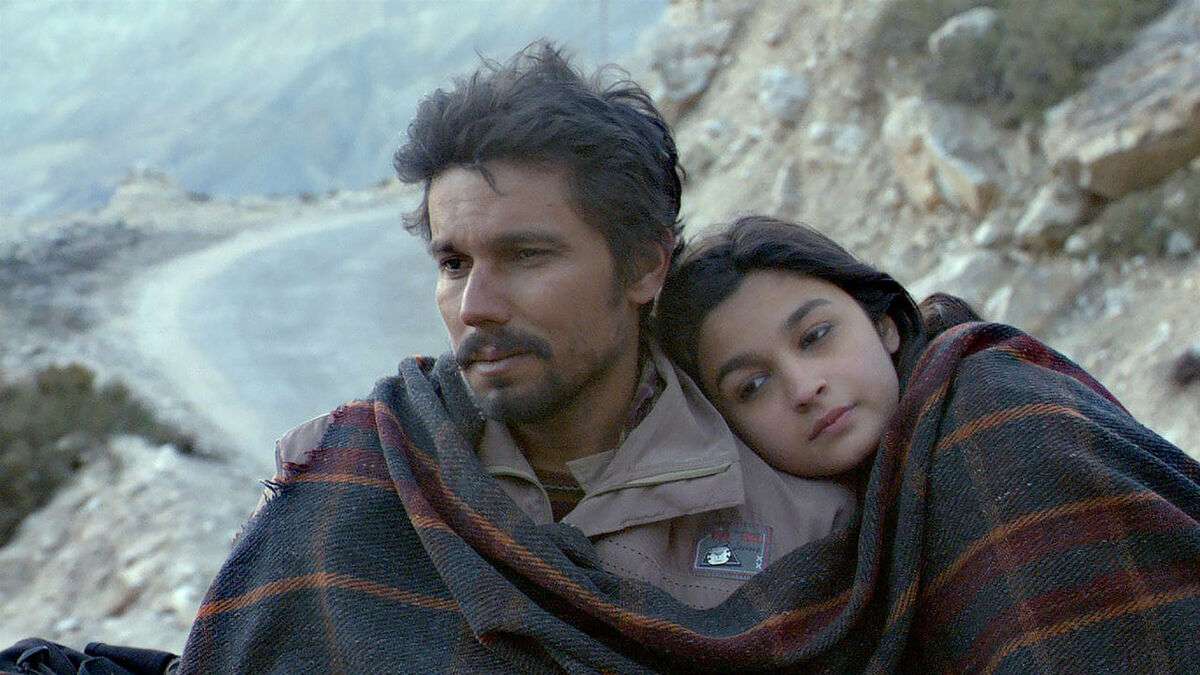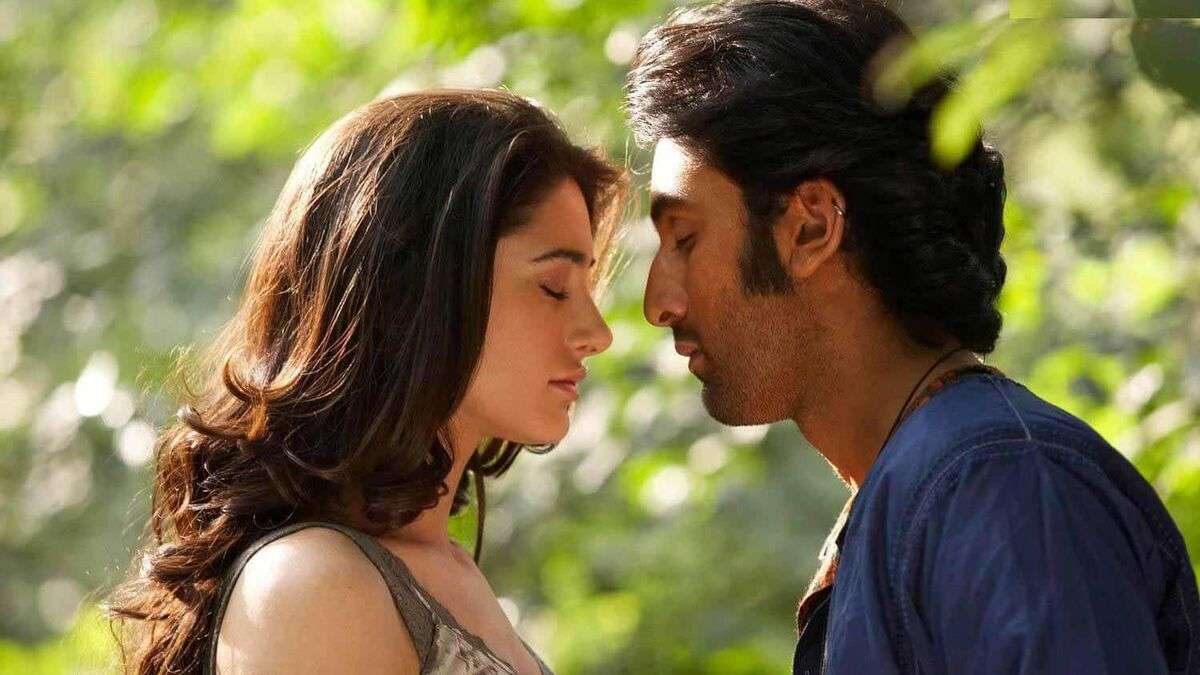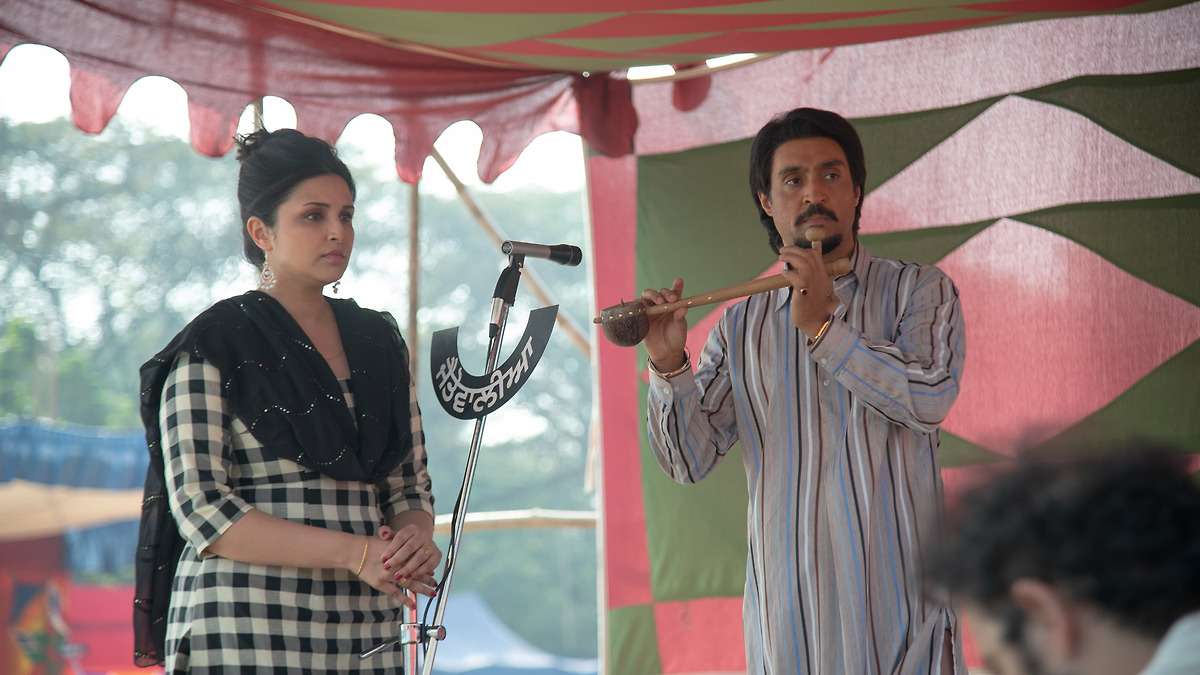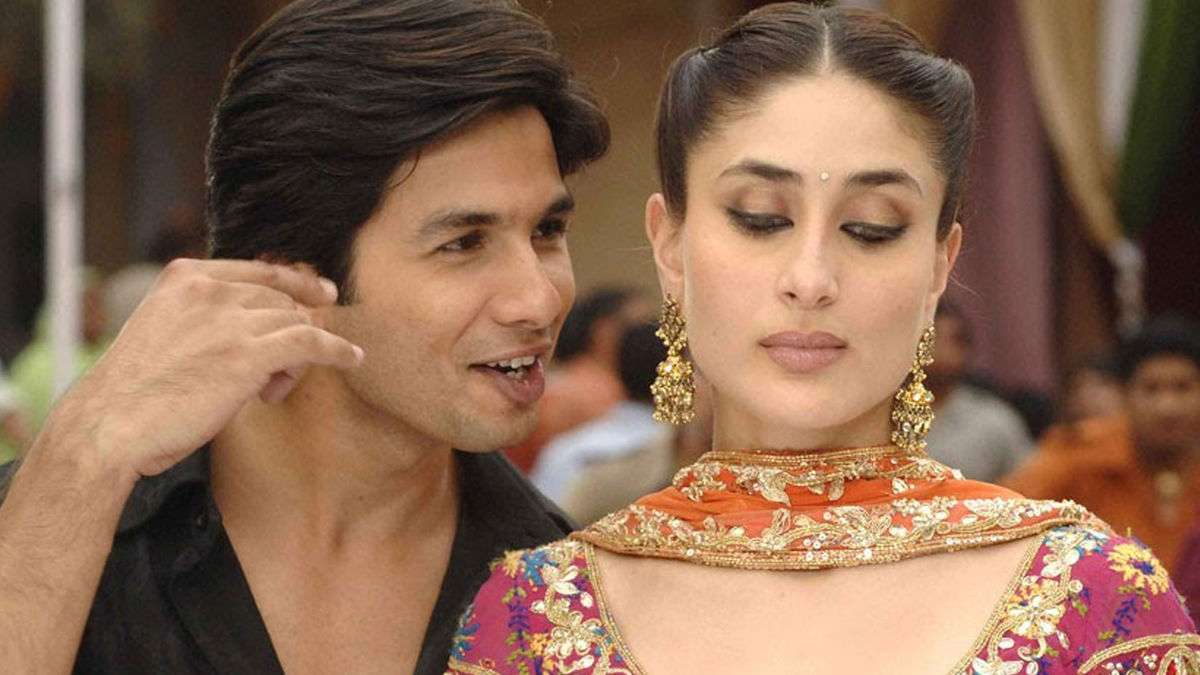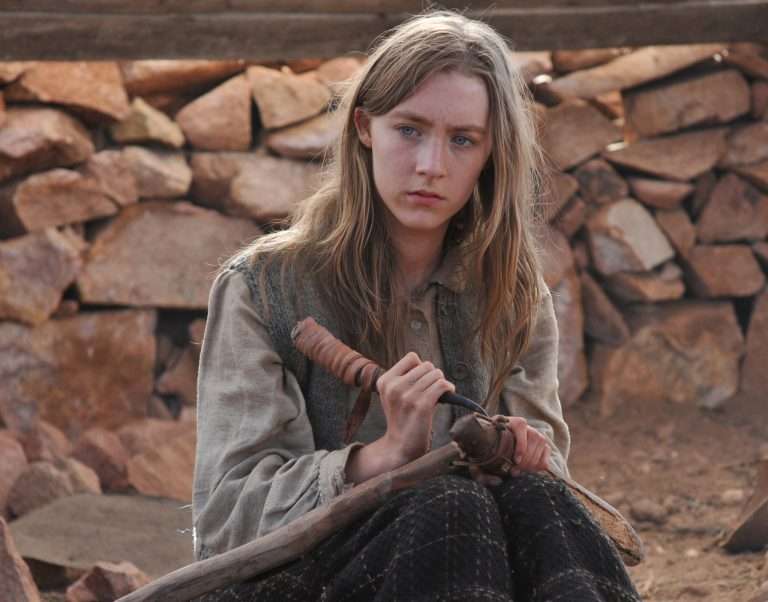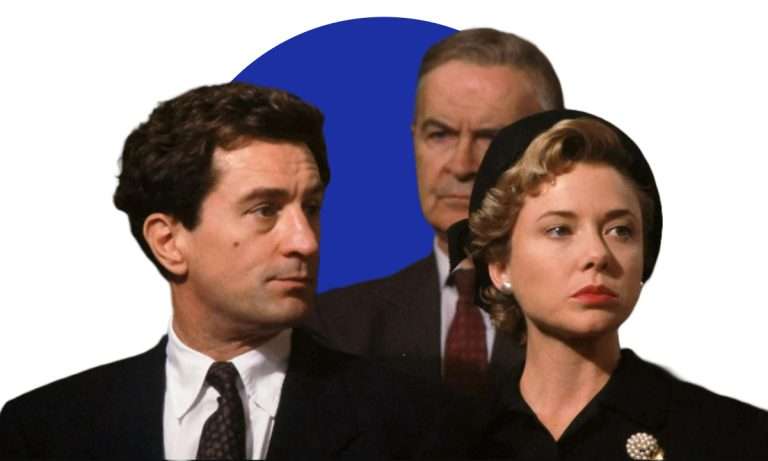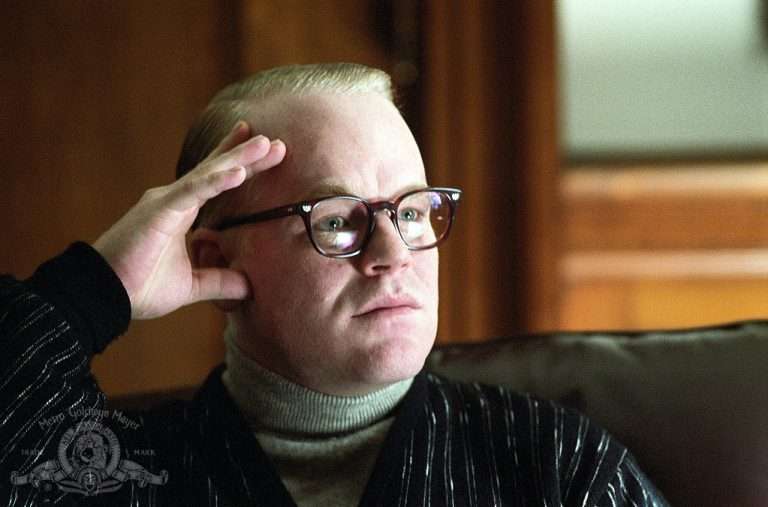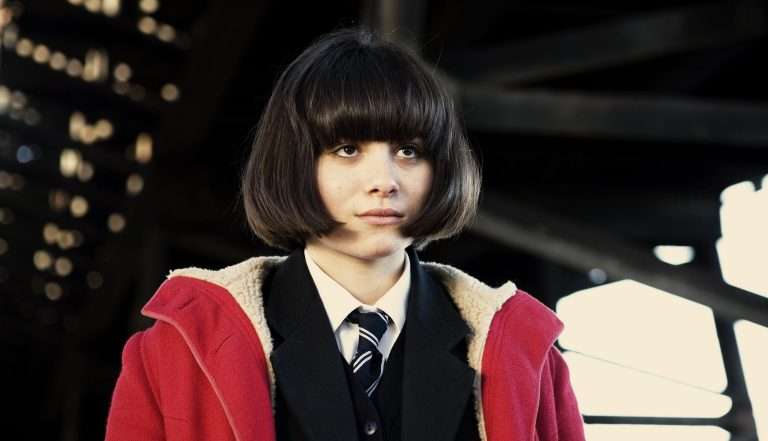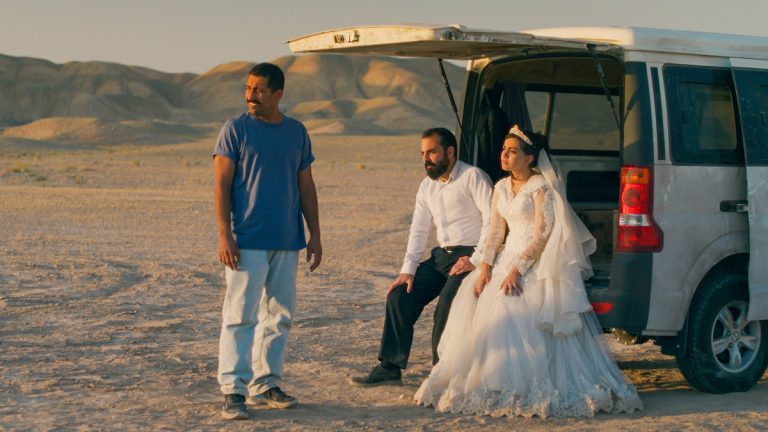For most people, cinema acts as a ride along an escapist’s route to the dreamland. This is especially true of Indian cinema, mainly Bollywood, where the landscape has indigenously always been viewed from an escapist lens. After all, it’s the trope of mirroring the aspirations and fantasies of the common man that has turned it into the world’s largest movie-producing industry.
While there have always existed varying filmmakers who have grounded their stories into realism, films acting as mass entertainers continue to mirror society as the biggest platforms for projecting the psyche of the masses. Between this push and pull of constantly shifting perceptions, however, it became important for a filmmaker to come along and restructure the desires of on-screen characters and have them be in sync with the aspirations of the present-day generation.
With his first film itself, Imtiaz Ali gave us two characters who strived to break free from the shackles around them. While the running-away aspect acted as a catalyst for the central couple of “Socha Na Tha” (2005), this departure from the mundane found a mainstream focus with his sophomore outing, “Jab We Met” (2007)
Ali’s approach to building bridges between the parallel and mainstream was echoed by a dormant voice of an unbounded youth who had already embraced the escapist cinema route – they perhaps just didn’t realize it yet. The protagonists of all his films are often embodiments of the creed that finds running away to be the solution. But how did he become a household name? It’s by taking the escapism already steeped in Indian cinema and upping it by a few extra notches that the filmmaker continues to manage to tell such resonant stories.
Ali’s greatness as a storyteller is in making his characters go through the same dilemma of confronting motions on what different perspectives the escapist route could help them churn out while placing an audience that’s already embraced the medium as an escapist route at the center of it. While “Tamasha” primarily focused on Ved’s journey of coming to terms with his true calling in life, the two-way character flip in the second half of “Jab We Met” gave new dimensions to what love could lead to. In this list, we look at the director’s best films, ranked from his weakest outing to his very best.
9. Love Aaj Kal (2020)
More than a decade after his venture into the realm of fantastical storytelling, Imtiaz Ali returned in the pandemic years with a spiritual sequel to “Love Aaj Kal.” Not only did the project promise to provide a new take on the former film, but it also showed the potential of recontextualizing a lot of what’s changed in the complex ways in which young couples now interact. What made it a disaster, then, wasn’t just the lack of such dexterous exploration but also lead performances that only made its pandered messaging feel more off. This time too, the story delved into the lives of two young professional high-flyers weighed down by their emotional shortcomings.
While Ali and his co-writer (Wajid Shaikh) make the female lead the archetypal lost hero trying to find her voice amidst this personal wreck – instead of the male lead, we usually get from such stories – the sheer false dichotomy she gets to confront only makes the film more troubling. For once, it provided hope of how Ali was trying to subvert the manic-pixie girl trope he’s often guilty of using.
But what makes “Love Aaj Kal” his weakest work yet is how it painfully fails at coupling and decoupling the modern-day romance that the director once perpetrated. On top of that, it also robs the audience of the prospect of filling up their imagination with what a re-imagination of the concept would look like in the digital age by consistently rendering its nuances into an unbearable series of extended sequences.
8. Jab Harry Met Sejal (2017)
In most of Imtiaz’s films, the story’s conflict emerges from the protagonist’s inner complexities rather than its external elements. In the movies leading up to 2017, the projection of this inner turmoil is what gave his films an almost Sufi outlook. “Jab Harry Met Sejal” brims with the same conceit in its lead, but it spends all its time in the conceit of the man playing him. The European road-trip appeal of the film only made the potential of its two leads gradually fall for each other more intriguing. Yet the filmmaking ambles itself way too casually without ever making us care for them.
What could’ve been a meta-reflection on how jaded a romantic himself can become if he fails at love then becomes a portrait that idealizes the actor at the center (Shah Rukh Khan) – an actor who, for the most, has defined the kind of love we desire. That’s precisely why almost every choice here feels organic in conception, lacking the earnestness of a Bollywood musical as well as the deftness of a European romance. What’s left, in that regard, is just the brimming possibility of how good the movie could’ve been had it been unfiltered and unafraid in exploring the many entanglements of its male lead’s identity.
7. Love Aaj Kal (2009)
Ali’s follow-up to his breakout second feature was a conscious attempt to notch up the dynamics of urban companionship. With a first act that basically acts like a quick device to set a casually mutual relationship, “Love Aaj Kal” gradually introduces an undercurrent of regret that’s often secondary to the hotheadedness of ambition.
The whimsical narrative juxtaposes two love stories across a timescape, making a case for all that’s changed and how fundamental emotions reign supreme in holding them across space. With its extraordinarily well-aged soundtrack and eccentric concept, the movie still works well for the most part because it remains the simpler version of the director’s take on angst-ridden love. However, there are considerable portions that feel out of place, and choppily edited tramples down the film’s most powerful framework, which provides constant emotional tension and release through its two parallel stories.
6. Highway (2014)
All these years later, this 2014 film could easily be considered the most stripped-to-bones film the director has ever made. It took us on a life-altering journey of a sheltered urban city girl (Alia Bhatt) who finds freedom after being abducted by thugs. While the pictorial open landscapes of the Himachal roads make her Stockholm syndrome feel grandiose, the story taps into something far more buried and disturbing in what goes within her.
The trip may have arrived sandwiched between the filmmaker’s heightened coming-of-age extravaganzas, but “Highway” managed to start a conversation within the mainstream landscape regarding a lot of issues that still go unaddressed in most contemporary films. As far as filmmaking goes, however, it’s nowhere as close as the kind of work Ali has churned out in his promising oeuvre.
5. Rockstar (2011)
Ali often gets attacked for using the same themes in his films. His approach, as it may seem on the surface, is of placing protagonists against culturally rooted backdrops and then letting the situations and notions of love alter the story. It’s an approach that’s often worked, as it takes the escapism already steeped into Bollywood and notches it up to explore modern-day love and existentialism. “Rockstar” gave us the most distinctly auteur-ish textured embodiment of this style of cinema – one that remains as versatile on its own as its derivative. It’s the very dichotomy that also perhaps makes this his most celebrated – and divisive – work to date.
The concept of coming of age through love is an immodest one by definition. But it also cracks open endless interpretations that come with dysfunctional roots and unrealized ambition. Here, the journey is superimposed onto the life of an artist who can be looked at as an encapsulation of first-world angst. A transcending soundscape and a towering lead performance overpowers this 2011 film to be one of the most beloved films of Bollywood in the past two decades. But it’s also one that makes little effort to make the catalyst of the hero’s journey feel earned in what arguably remains one of the most baffling casting choices in terms of its female lead.
4. Socha Na Tha (2005)
Before Imtiaz Ali became a household name, there was “Socha Na Tha.” The kind of film that emanates unbridled sensitivity with the sensibilities of everything that would later make him a cross-generational pull. Each narrative beat carries the subtext of the introspective storyteller we’d know him to be. At a time when studios were open to revamping decisions in an industry that was hurtling toward a crossroads, two charming debutant actors (Abhay Deol & Ayesha Takia) starred in a film that was as much about redefining familiar templates as it was about tapping into the experiences of the urban youth.
To Ali’s worshippers, the film has consistently proven to be a testament to where his roots emerged from. Revisiting the film now leaves one not only with the upstanding, albeit unadulterated framework encircling themes peculiar to him but also a gleeful insight into a simpler time. From its TV-styled aesthetics to the indecisiveness of its leads in running away from commitment, “Socha Na Tha” didn’t have to be aspirational because it breathed intentness.
3. Tamasha (2015)
Ali’s films employ a facade to create surreal worlds, consistently delivering riveting tales of self-discovery. His 2015 film’s narrative framework reflects that through the prism of theatre, role-playing, and storytelling. While referencing his own raconteur-storyteller self, it places the lead in an aesthetic context that only makes the mechanical constructs around him later more jarring.
As with “Rockstar,” the film’s strength, too, comes from seeing one man strip away layers of artifice to become what he’s always fated to be. But while the former was about the romanticization of an artist in despair, “Tamasha” is about the self-actualization of a dormant artist. It romanticizes the journey instead of his transformation – one that comes secondary to his distorted sense of reality and pixelated visuals populated by mythological heroes and voices of the inner child.
Just the way the male lead from “Jab We Met” leaves his office with a keen hope of rediscovering his true purpose, here, too, we watch the protagonist question himself looking in the mirror. This time around, we already expect him to come to terms with the silent refusal to let his aspirations die in vain. That’s precisely what the film has done for millions of its admirers.
2. Amar Singh Chamkila (2024)
The embodiment of the desire to escape reality is what pushes Ali’s characters towards change. In “Rockstar,” the push is provided through the character of Khatana Bhai – the central lead’s manager. His words provide a baseline not just for what creates an artist but also for what responsibility he bears in society. After all, internal transformation has always been the cornerstone of Ali’s cinema.
In Netflix’s “Amar Singh Chamkila,” we watch the same actor (Kumud Mishra) play a label manager who suggests similar words to the titular lead during a time of professional reckoning. The scene exemplifies how the director has been playing around the same themes in different ways throughout his prolific oeuvre. Which, in itself, is a way of saying that it is probably his most polished film in terms of the craft.
Chamkila’s rise from nowhere to becoming the ‘Elvis of Punjab’ informed his notion of pandering to the audience. It raises questions regarding what art truly entails and its inherent nature to act as an escapist route, even if it at times transcends it. But the film also provides a riveting portrait of what the act of subjugating an artist to social and cultural gatekeeping necessitates. The kind of escapism we meditate on, then, may appear vintage in its design but is sadly as prevalent, if not more, in today’s paranoid culture.
1. Jab We Met (2007)
At one point in the 2007 film, Shahid Kapoor’s Aditya tells Geet, “Tumhe bhagne ka bada shauk hai na?” (“You’re very fond of running, right?”). The camera follows her to Ratlam, Manali, and Shimla before eventually returning to the quintessential ganne ke khet. It’s almost like even after going through an outward journey of eternal purpose, the answers would somehow only make sense after having returned to Bollywood’s archetypal backdrop.
It’s no surprise, then, to see how close in structure the film feels at ticking off its story beats from DDLJ. Yet, at the time, Ali offered the audience a film that was soaked with an unbridled solemnity both in terms of its setting and the journey; it was the very departure from the mundane that went on to strike a wide-scale chord with the rest of the films he made.
This film’s impression on anyone who hasn’t re-watched it in a while would be Kareena Kapoor’s Punjabi manic-pixie avatar, Geet. However, thanks to the film’s enduring meme appeal and a bunch of re-releases during Valentine’s Day every year, “Jab We Met” has proved itself to be a film that gave a new texture to YRF’s modernist love stories.
Not only does it star two fleshed-out leads, but retrospectively, it also stands as the definitive work that marked the beginning of the filmmaker’s broad-stroke relationship with the thematic identity of his lead’s vocations. From the instinctively hilarious and tacky night train bits to the iconic ‘Hotel Decent’ scene, it remains a finely timed and edited film that never overstays its runtime. How could it, given Pritam’s gleefully breezy soundtrack and comically frustrated characters such as Geet’s fiance?

